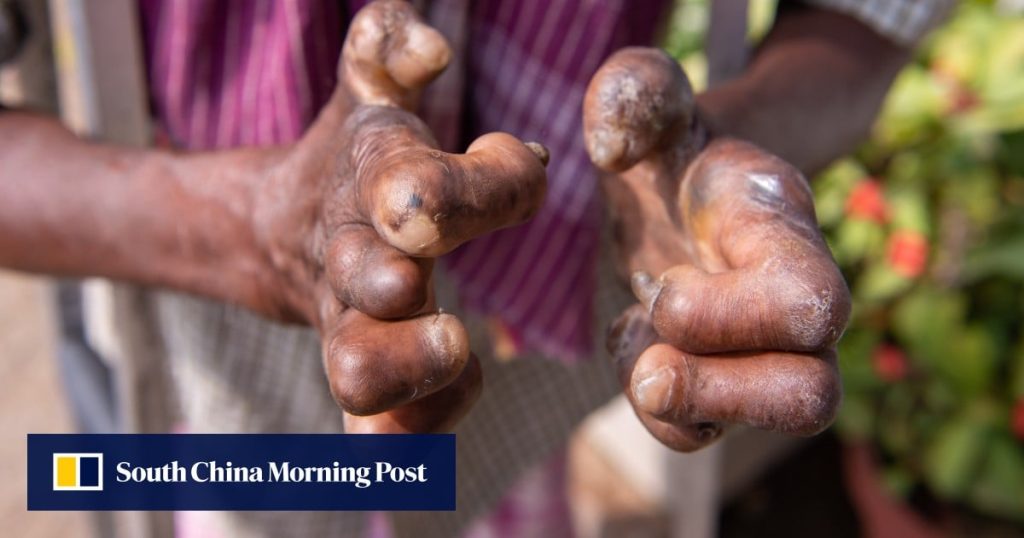Numbering around 200,000 people, the Orang Asli – which roughly translates to Original People in Malay – are a loose coalition of 18 indigenous tribes living in villages across most states in the peninsula, primarily near national parks or forest reserves.
But their struggle to uphold generational hunter-gatherer traditions, along with a deep understanding of jungle medicinal herbs, has largely excluded them from mainstream access to education, power and clean drinking water. They also face regular conflicts over land ownership due to government and business expansion into forested areas.
A recent outbreak of leprosy in two Orang Asli villages in the southern state of Negeri Sembilan brought these issues back into stark focus, with the family of the 18-year-old victim questioning how she could have died from the disease.
“The girl did not die of leprosy. Nobody in this day and age dies of leprosy,” Colin Nicholas, founder of the Centre for Orang Asli Concerns (COAC), told This Week in Asia.


